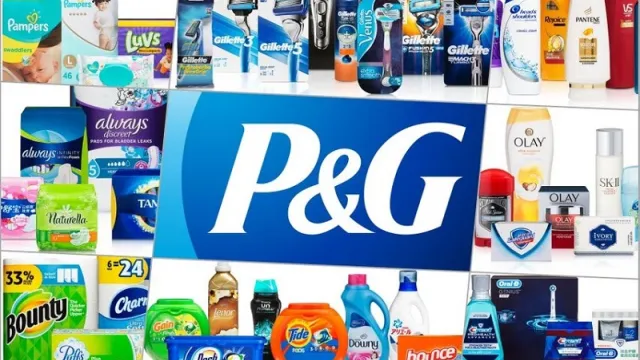American retreat: Procter & Gamble to leave Nairobi in June

American retreat: Procter & Gamble to leave Nairobi in June
American multinational consumer goods manufacturer Procter & Gamble (P&G) plans to leave Nairobi in June 2024 due to the high cost of doing business, dollar shortages, and a sharp decline in sales.
According to an inside source, P&G has notified workers, contractors, and government officials of its intentions to exit, affecting about 30 direct workers and contractors.
Over the last couple of years, P&G has eliminated about 30 to 40 roles in cost-cutting measures as sales plummeted and production costs rose.
The source said P&G will now shift to a model of dealing directly with a distributor importation model, cutting out all ground support that had helped the company command a local market share in the fast-moving consumer goods market for brands including Pampers, Always, Ariel, Downy, Gillette, and Oral B.
P&G did not respond to our email seeking official clarification on the exit, but CFO Andre Schulten told investors that the company was pulling out of Nigeria and Argentina after facing difficulties in extracting value from emerging markets experiencing macroeconomic challenges like Kenya.
“We first heard it as speculation, but now it has been confirmed; they have even informed the Ministry of Labour that the last month of operation will be in June 2024,” the source said.
The American policy of increasing interest rates on loans beyond the reach of small economies and the strength of the dollar are working against its commercial interests, opening up space for competition from cheaper local producers and the Chinese.
Despite Kenyan authorities signaling American firms' interest in setting up shop in the country, the opposite is happening as businesses find it hard to operate in a high tax and interest rate environment. Demand is plunging, and the currency is collapsing.
According to the Central Bank of Kenya (CBK) survey on CEOs of companies in different sectors, including manufacturing, 52.9 percent of them have seen a drop in sales compared to the previous three-month period ending September. They do not anticipate much recovery even as the festive season sets in.
Read also: Nyar Sindo’s guide to a supermarket floor
Change of strategy
Many Kenyans are hard-pressed for money, drastically cutting down on discretionary spending due to stagnant incomes, rising taxes, and deductions against the expensive cost of importing goods, reducing local demand for products.
According to data seen by Maudhui House FMCG companies have been increasing their product prices and have lost a substantial market share over the last six months, leading them to change strategy and reduce the quantity of products.
The price of Pampers newborn size one has increased by 16 percent to Kes1565 in August this year from Kes1345 in August 2021. During this period, the company lost its market leadership to Softcare in terms of sales volumes.
Softcare, which only increased pricing by 4.3 percent, now controls 33.1 percent of the diapers market, above Pampers' 28.1 percent. Molifix, which only raised prices by 7.1 percent, comes third with 23.9 percent of the market.
Huggies, which raised prices by 27 percent to Kes1259, has seen sales plunge by almost half to 13.9 percent of the market, while Bouncy's 201 percent hike to Kes1173 has seen sales drop more than 90 percent.
As inflation rates surge in Kenya, multinational companies are grappling with the challenge of maintaining a steady flow of inventory to consumers at reasonable prices. To tackle this, they're turning to a strategy known as "shrinkflation," where manufacturers reduce the size of their products instead of increasing the price tag.
Procter & Gamble has decided to trim down the number of diapers in the 80-piece Pampers size one packages by a staggering 17 percent, leaving consumers with just 66 pieces.
Pampers still retains the top share in terms of sales value, but it is selling over Kes100 million less due to the reduced size of the products.



